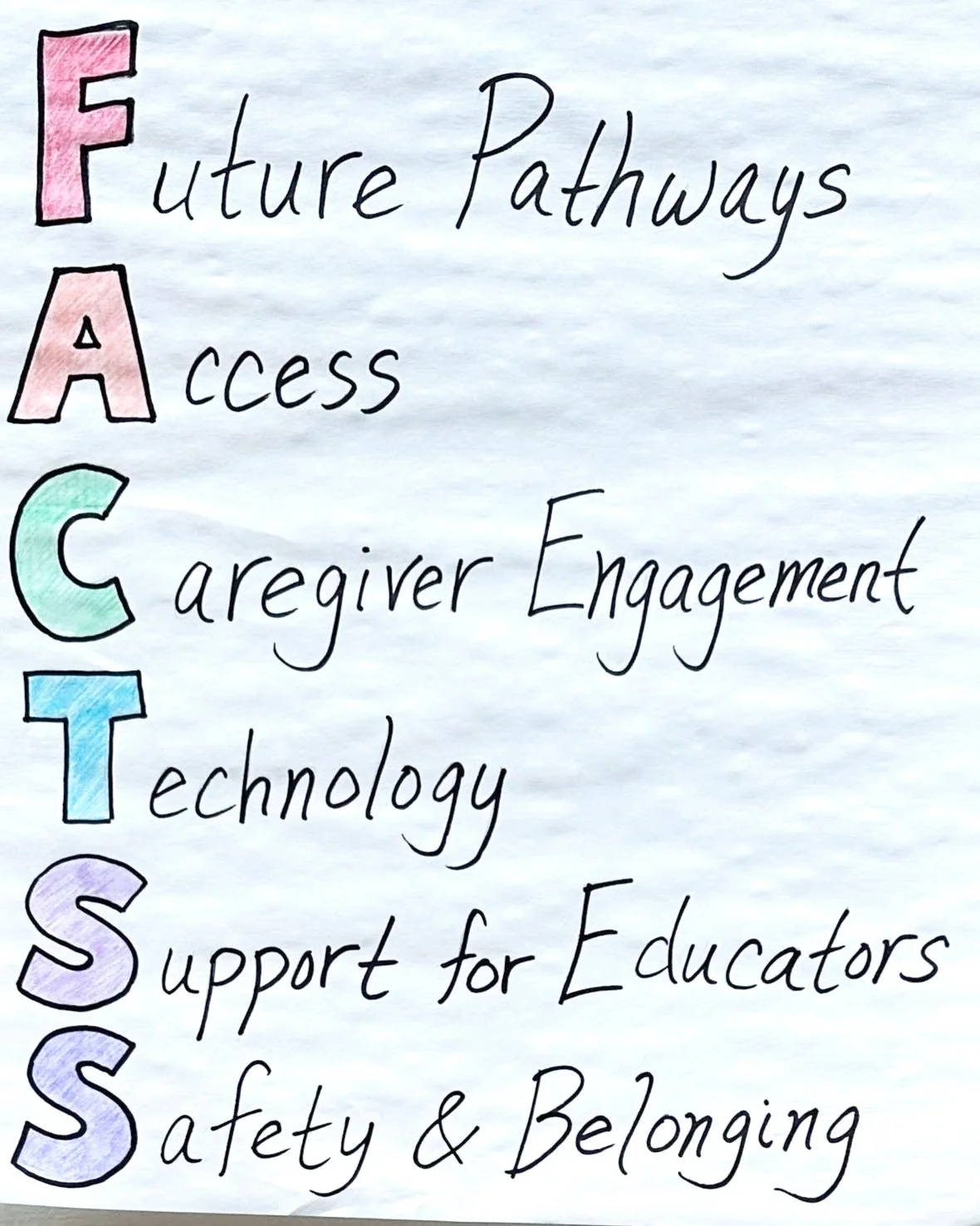My Priorities
Future Pathways. Informing students of their post-secondary options and supporting them in this transition.
Access. Acknowledging that all systems have barriers that lead to disparities in access to resources, and guiding decisions with these gaps in mind so all students can realize their potential.
Caregiver Engagement. Ensuring that caregivers can participate meaningfully in their students’ education.
Technology. Developing guidance and policy amid rapid technological change in education.
Support for Educators. Providing educators with the resources they need to help students thrive.
Safety and Belonging. Recognizing that students who feel they belong are able to better fully engage with their education.
Future Pathways
As the value of higher education is increasingly questioned, it is more important than ever to inform students of their post-secondary options and future pathways. Strong guidance counselor support, resources, and mentorship are crucical to empower them to navigate a complex world that will allow them to become capable workers and engaged citizens.
Watertown High School Guidance Resources
Vocational and Technical Education
Free community college in Massachusetts
Early College program in Massachusetts
Wayside Youth and Family Support Network Tempo Young Adult Resource Center
Milestones resources on Preparing Students for Adulthood
Career Readiness Competencies from the National Association of Colleges and Employers
Access
Ensuring equitable access to education is essential for a public school district, as it empowers all students—especially the most vulnerable—to overcome barriers, realize their potential, and contribute meaningfully to society.
Caregiver Engagement
Caregiver engagement—including effective translation services, aftercare options, and meaningful ways to participate—strengthens student learning outcomes by fostering consistent communication, cultural understanding, and a supportive environment at both home and school.
Technology
Schools today face significant technology challenges, including managing cell phone use, balancing screen time in the classroom, navigating the rise of artificial intelligence, and addressing how these factors impact the cognitive and emotional development of students.
WPS Digital Learning/Library & Computer Science
DESE Office of EdTech AI in K12 Schools
WPS Task Force on Cell Phones in Schools
NYTimes Quiz: A.I. Videos Have Never Been Better. Can You Tell What’s Real?
Support for Educators
Compensating educators fairly and providing them with dedicated time for planning and professional development strengthens a school district by supporting high-quality instruction, fostering continuous improvement, and enhancing student learning outcomes.
Understanding Teachers’ Impact on Students (RAND research)
Safety and Belonging
A school culture that prioritizes both psychological and physical safety, and fosters a sense of belonging for all students as the absence of belonging can harm learning, well-being, and long-term success.
WPS Anonymous Bullying Reporting Form
2021 Bullying and Harassment Intervention Plan
MA Rapid Response Guide for Educators of Immigrant-Origin Students

